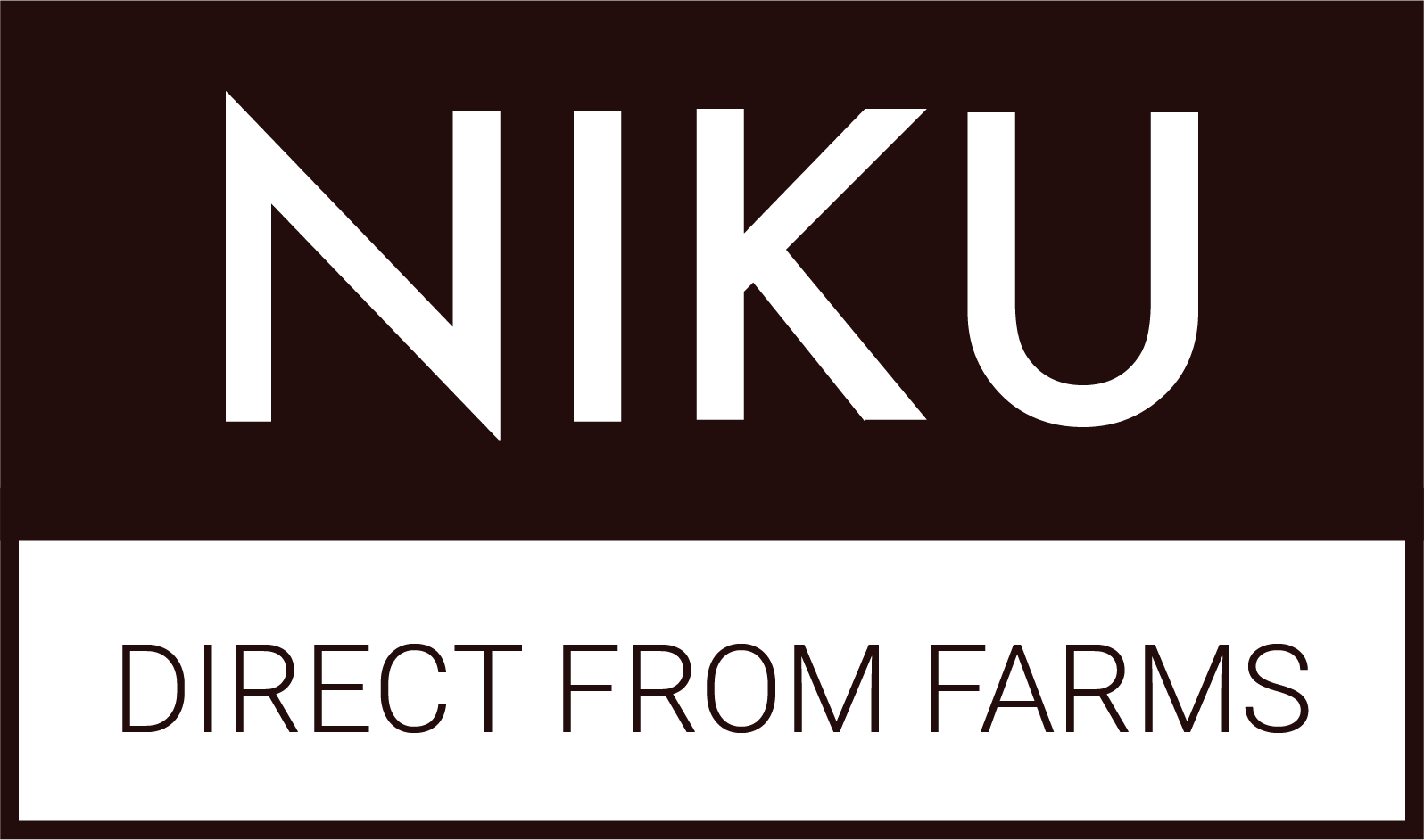

NIKU Farms

Ontario, Canada
November 2022
Food products
Wholesale/Retail
Canada
NIKU Farms is an online service that connects customers to local farms that raise animals as sustainably as possible, delivering meat products directly from these farms to the customer’s door. NIKU Farms creates a curated selection of farms for customers, vetted for quality and sustainable farming practices, with full transparency into how and where their meat is raised. Partnering with family-owned farms who raise animals on pasture with no antibiotics, added hormones, and non-GMO feed, NIKU Farms provides grass-fed beef, lamb, bison, and pasture-raised chicken, pork, and duck. NIKU Farms' mission is to make sustainable meat more accessible for consumers while improving the lives of Ontario farmers and their local economies. The company's impact is to reconnect those living in urban areas directly to the source of their meat, increasing transparency on how their meat was raised and encouraging investment into their local economies. Supporting small scale, family-operated farms is at the core of their mission, and they only partner with farmers based in Southern Ontario who raise their animals on pasture and practice regenerative agriculture.
Overall B Impact Score
Governance 13.0
Governance evaluates a company's overall mission, engagement around its social/environmental impact, ethics, and transparency. This section also evaluates the ability of a company to protect their mission and formally consider stakeholders in decision making through their corporate structure (e.g. benefit corporation) or corporate governing documents.
What is this? A company with an Impact Business Model is intentionally designed to create a specific positive outcome for one of its stakeholders - such as workers, community, environment, or customers.
Workers 14.6
Workers evaluates a company’s contributions to its employees’ financial security, health & safety, wellness, career development, and engagement & satisfaction. In addition, this section recognizes business models designed to benefit workers, such as companies that are at least 40% owned by non-executive employees and those that have workforce development programs to support individuals with barriers to employment.
Community 40.5
Community evaluates a company’s engagement with and impact on the communities in which it operates, hires from, and sources from. Topics include diversity, equity & inclusion, economic impact, civic engagement, charitable giving, and supply chain management. In addition, this section recognizes business models that are designed to address specific community-oriented problems, such as poverty alleviation through fair trade sourcing or distribution via microenterprises, producer cooperative models, locally focused economic development, and formal charitable giving commitments.
What is this? A company with an Impact Business Model is intentionally designed to create a specific positive outcome for one of its stakeholders - such as workers, community, environment, or customers.
Environment 25.0
Environment evaluates a company’s overall environmental management practices as well as its impact on the air, climate, water, land, and biodiversity. This includes the direct impact of a company’s operations and, when applicable its supply chain and distribution channels. This section also recognizes companies with environmentally innovative production processes and those that sell products or services that have a positive environmental impact. Some examples might include products and services that create renewable energy, reduce consumption or waste, conserve land or wildlife, provide less toxic alternatives to the market, or educate people about environmental problems.
Customers 5.0
Customers evaluates a company’s stewardship of its customers through the quality of its products and services, ethical marketing, data privacy and security, and feedback channels. In addition, this section recognizes products or services that are designed to address a particular social problem for or through its customers, such as health or educational products, arts & media products, serving underserved customers/clients, and services that improve the social impact of other businesses or organizations.